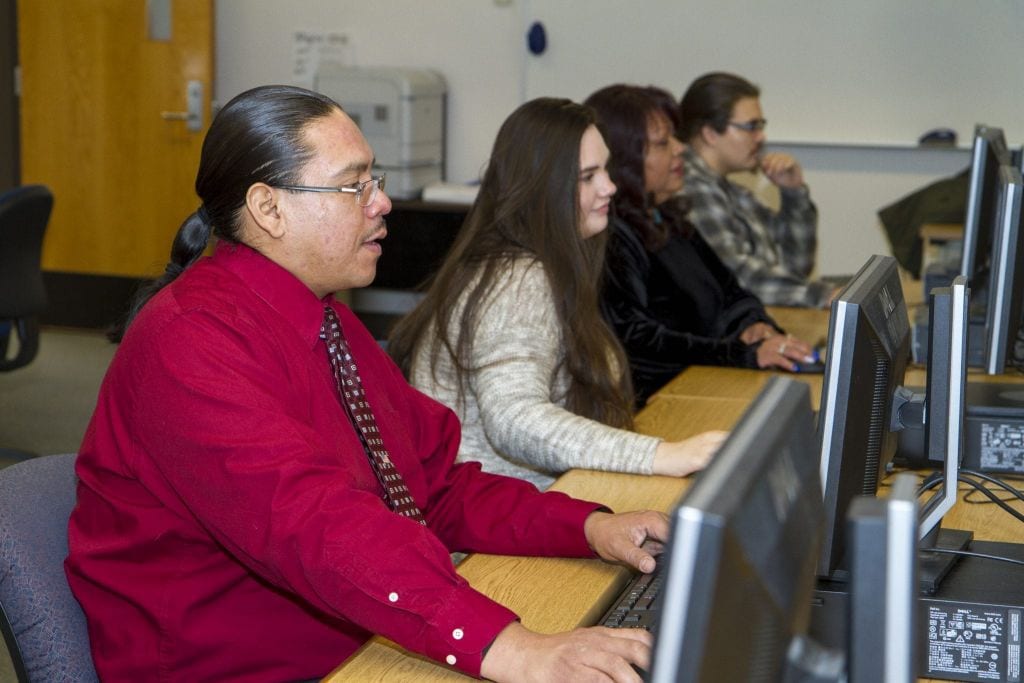How to Succeed in Online Courses

When adults consider going back to college, some do not see a way to fit college courses into already busy schedules. The Reach Higher: FlexFinish adult degree completion program offers a convenient, flexible and affordable opportunity for working adults to complete college or earn another degree.
Courses taken through the Reach Higher program are available online and offer adult students the flexibility to complete classes, projects, and exams when they have time in their schedules, whether it’s early in the morning or late in the evening. Students are not required to attend classes on campus, and course requirements can be completed at home.
Adult students who take online courses need to be self-directed and motivated to successfully complete their degree. To find success in online courses, students need to put in as much time and effort as possible. It’s important to keep in mind that being in college and taking courses is only temporary. It won’t be long before you’re the goal of of completing a college degree is attained!
Online courses are similar to on-campus courses in that they provide some form of lectures, assignments, projects and tests. However, the way online courses are structured and delivered differ from on-campus courses and require a different set of skills to be successful.
- Have the required computer equipment. Students who take online courses should have access to a computer. If not, they may complete their class work at their school’s library, campus computer lab, or local library.
- Read the syllabus before the start of classes. It can be very helpful to maintain a daily calendar devoted to keeping track of assignments, quizzes and tests that can be updated based on the requirements of the course.
- Set attainable goals. Online courses require students to practice self-discipline when it comes to studying and completing coursework on time.
- Students should participate and ask questions. To ensure participation levels are maintained, students should log in to courses at least five to six times a week, but ideally, every day. Fellow classmates may be adding to the discussion each day, and missing several days in a row could make it difficult to adequately participate. Asking questions demonstrates participation and taking an active role by trying to understand each concept fully.
- Have a clean and organized study environment. There should be a specific area in the house or study area dedicated to completing coursework and studying. A peaceful study environment leads to a more productive workflow.
- Schedule enough time for studying. Reducing leisure time may seem like a big sacrifice, but remember, it’s only temporary. Take the time usually spent surfing the internet, watching television or talking on the phone and instead, spend it studying for an upcoming quiz or test.
- Utilize school resources. Colleges or universities will have an extensive library and a computer lab, and should also have helpful services available such as tutoring, counseling and career services.
- Students should stay motivated and remain up-to-date by reading articles and books related to their chosen field. In addition, talking to people already working in the field can give an idea of industry trends and be a reminder of the importance of pursuing a college degree.
